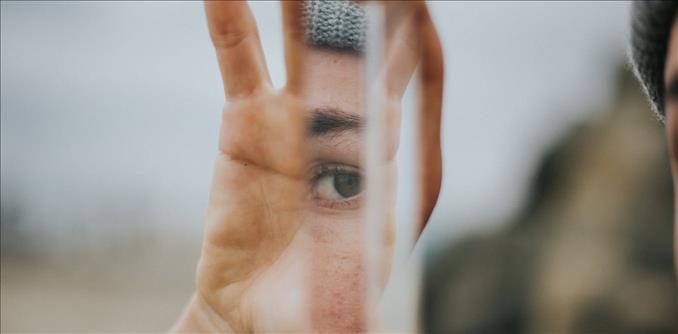
Why You Shouldn't Be Afraid Of Critical Race Theory — Podcast
Critical race theory has a lot of people upset. In the United States some parents are calling for schools to ban critical race. They claim it distorts reality and invokes shame for white students.
This is not a new battle in the U.S. or Canada (remember when Prime Minister Harper said“this is not a time to commit sociology ?” or when President Trump chastised President Obama for embracing Derrick Bell ?). But it has picked up steam recently. Since January 2021, 42 states have introduced bills or taken other steps to restrict how teachers can discuss racism in the classroom and 17 states have given in to these demands.
Racism is so American that when you protest it people think you are protesting America.
But critical race theory is not an abstract concept — it is actually simply a reflection of us: of our unequal laws and systems already in place. It points out the history of our society and its ongoing inequalities. And asks us to look at issues as systemic instead of as individual problems.
Today we explore how applying critical race theory in classrooms across Canada helps both students and teachers.
Teresa Fowler , assistant professor of education at Concordia University of Edmonton, is one of our guests on today's episode of Don't Call Me Resilient. She said the reason we feel fear when it comes to discussing race is because:
Also joining us on today's episode is Dwayne Brown. He is a PhD student in education at York University, and a Grade 7 teacher with the Toronto District School Board. Brown grew up in the Jane and Finch neighbourhood in Toronto, and studies mental health in relation to Black male student success .
Brown who teaches within Canada's largest school board, where anti-racism curriculum is already embedded into the classroom (although with mixed application ) said change begins at school:
Both Brown and Fowler use critical race theory in their classrooms every day, and say that it helps them to see and evaluate their own biases — while also making students feel truly included in their own education.
Please listen in and follow along in this fascinating conversation .
TranscriptAn unedited transcript of this episode is available here .
Follow and listenYou can listen to or follow Don't Call Me Resilient on Apple Podcasts , Google Podcasts , Spotify or wherever you listen to your favourite podcasts . We'd love to hear from you , including any ideas for future episodes. Join The Conversation on Twitter , Facebook , Instagram and TikTok and use #DontCallMeResilient.
ICYMI — Articles published in The Conversation- Anti-Black racism is not a 'consensual schoolyard fight' by Teresa Fowler
- Emotional intelligence is life and death where I'm from by Dwayne Brown
- Why does critical race theory make people so uncomfortable? by Patrina Duhaney
- Podcast: How to spark change within our unequal education system: Don't Call Me Resilient EP 3 . Interviewed: Carl James
- Racism contributes to poor attendance of Indigenous students in Alberta schools: New study by Teresa Fowler
- To serve school communities and address inequities after COVID-19, principals must become activists by Kenneth MacKinnon
- Black youth yearn for Black teachers to disrupt the daily silencing of their experiences by Olufunke Oba
- How to curb anti-Black racism in Canadian schools by Tanitiã Munroe
- Canadian universities: 10 years of anti-racist reports but little action by Natalie Delia Deckard, Ayesha Mian Akram and Jane Ku
- The crisis of anti-Black racism in schools persists across generations by Carl James
- The Master's Tools Will Never Dismantle the Master's House by Audre Lorde
- The Blood of Emmett Till by Timothy B. Tyson
- Race, Social Class, and Educational Reform in an Inner-city School by Jean Anyon
- “The Danger of a Single Story.” Ted Talk by Chimamanda Ngozi Adichie
Read more: How to spark change within our unequal education system: Don't Call Me Resilient EP 3
Series co-producers of this podcast are: Haley Lewis, assistant producer Vaishnavi Dandekar and sound producer Lygia Navarro. Jennifer Moroz is our consulting producer. Reza Dahya is our original sound designer. Lisa Varano is our audience development editor and Scott White is the CEO of the Conversation Canada. This podcast was produced with a grant for Journalism Innovation from the Social Sciences and Humanities Research Council of Canada.

Legal Disclaimer:
MENAFN provides the
information “as is” without warranty of any kind. We do not accept
any responsibility or liability for the accuracy, content, images,
videos, licenses, completeness, legality, or reliability of the information
contained in this article. If you have any complaints or copyright
issues related to this article, kindly contact the provider above.


















Comments
No comment